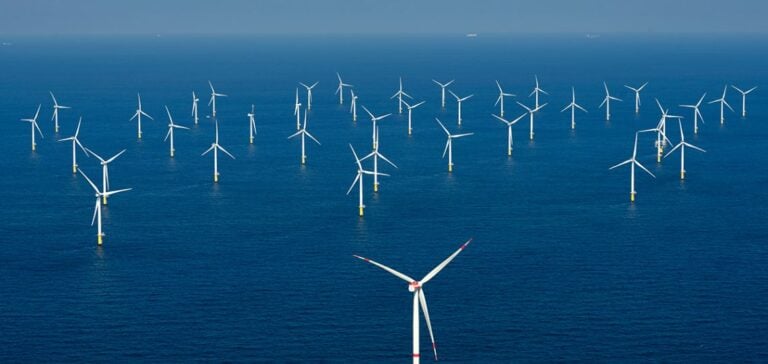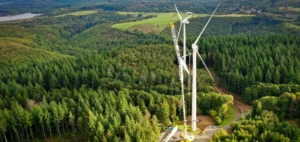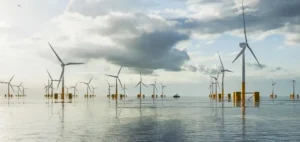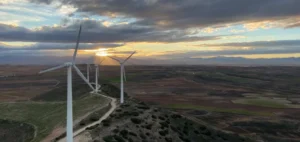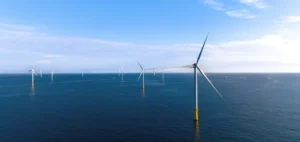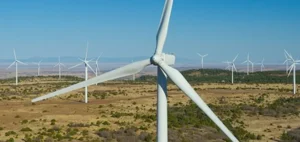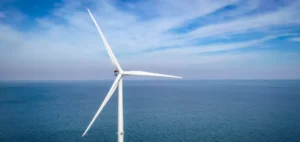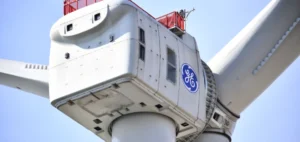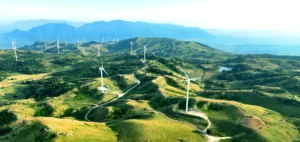Three French offshore wind farms — Fécamp, Saint-Nazaire and Saint-Brieuc — have signed amendments to their power purchase agreements allowing partial or full suspension of electricity production during periods of negative market pricing. The measure aims to reduce the budgetary and operational impact of a support scheme initially designed without accounting for extreme market fluctuations.
An outdated mechanism no longer aligned with market dynamics
Until now, these installations operated under mandatory purchase agreements that guaranteed a fixed tariff for electricity, regardless of market conditions. During negative price events, operators continued injecting electricity into the grid, obliging public authorities to resell it at a loss, thereby increasing pressure on public finances.
Negative prices result from a temporary imbalance where supply exceeds demand. Such conditions may occur when electricity consumption is low, while renewable output remains high. Wind farms under purchase obligation contracts unintentionally contributed to market saturation, as they had no contractual means to reduce output.
Concrete measures already implemented in the field
The newly signed amendments now enable the targeted wind farms to shut down production during these periods, while also integrating them into the grid balancing mechanism. According to the Government, production stoppages were successfully implemented on 10 and 11 May, marking a first step in operationalising these changes.
A similar approach is being extended to large-scale onshore installations still covered by mandatory purchase contracts. A first draft of the implementing decree was submitted to the Conseil Supérieur de l’Énergie on 29 April. A second decree is expected in the second half of 2025 to finalise the framework.
Shift towards a more flexible remuneration model
New renewable energy projects are now supported through a contract-for-difference system, except for the smallest facilities. This model grants an additional remuneration when market prices fall below a reference level, encouraging producers to voluntarily halt production in the event of negative pricing.
These contractual adjustments aim to align public support for renewable energy with more efficient market operation.


